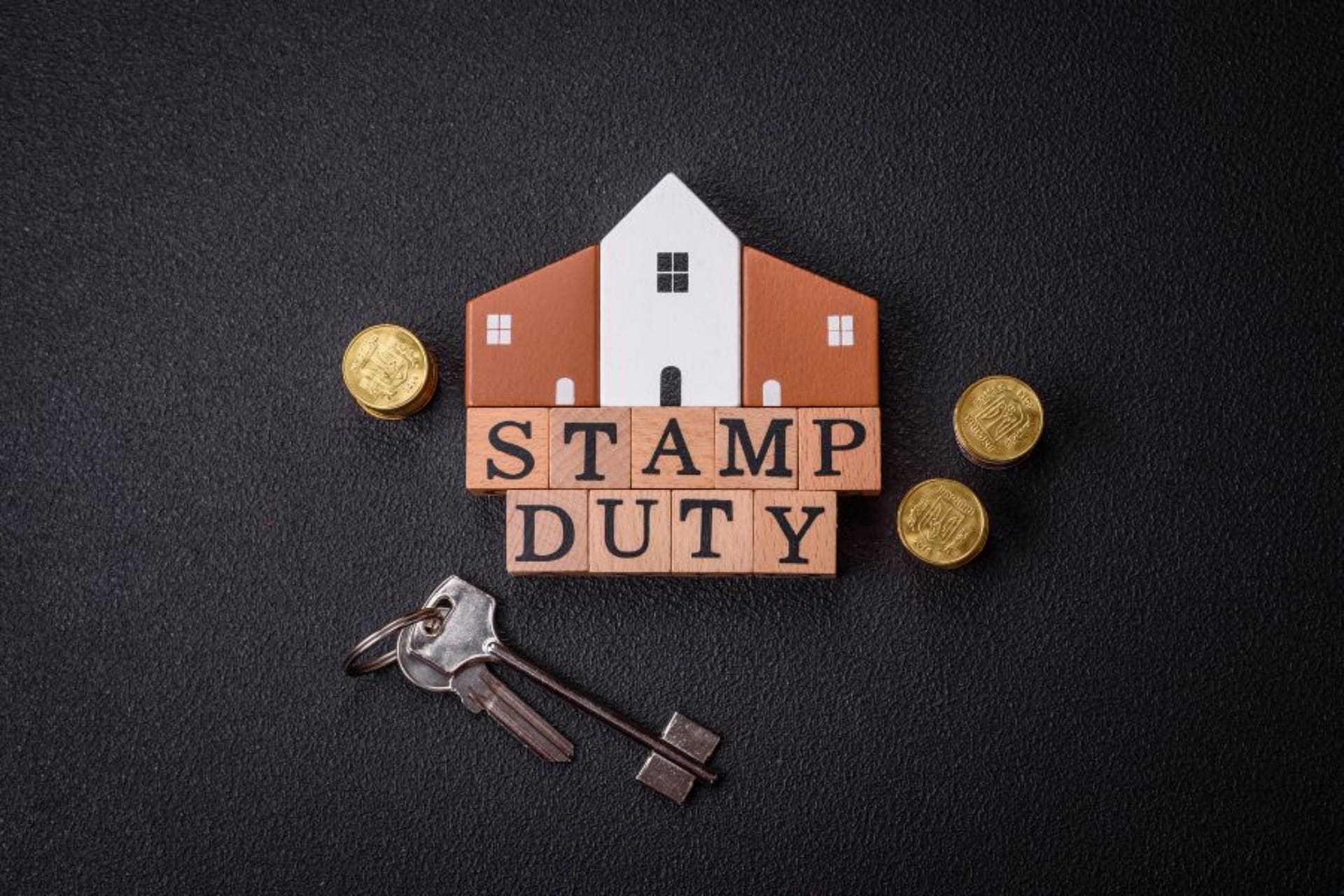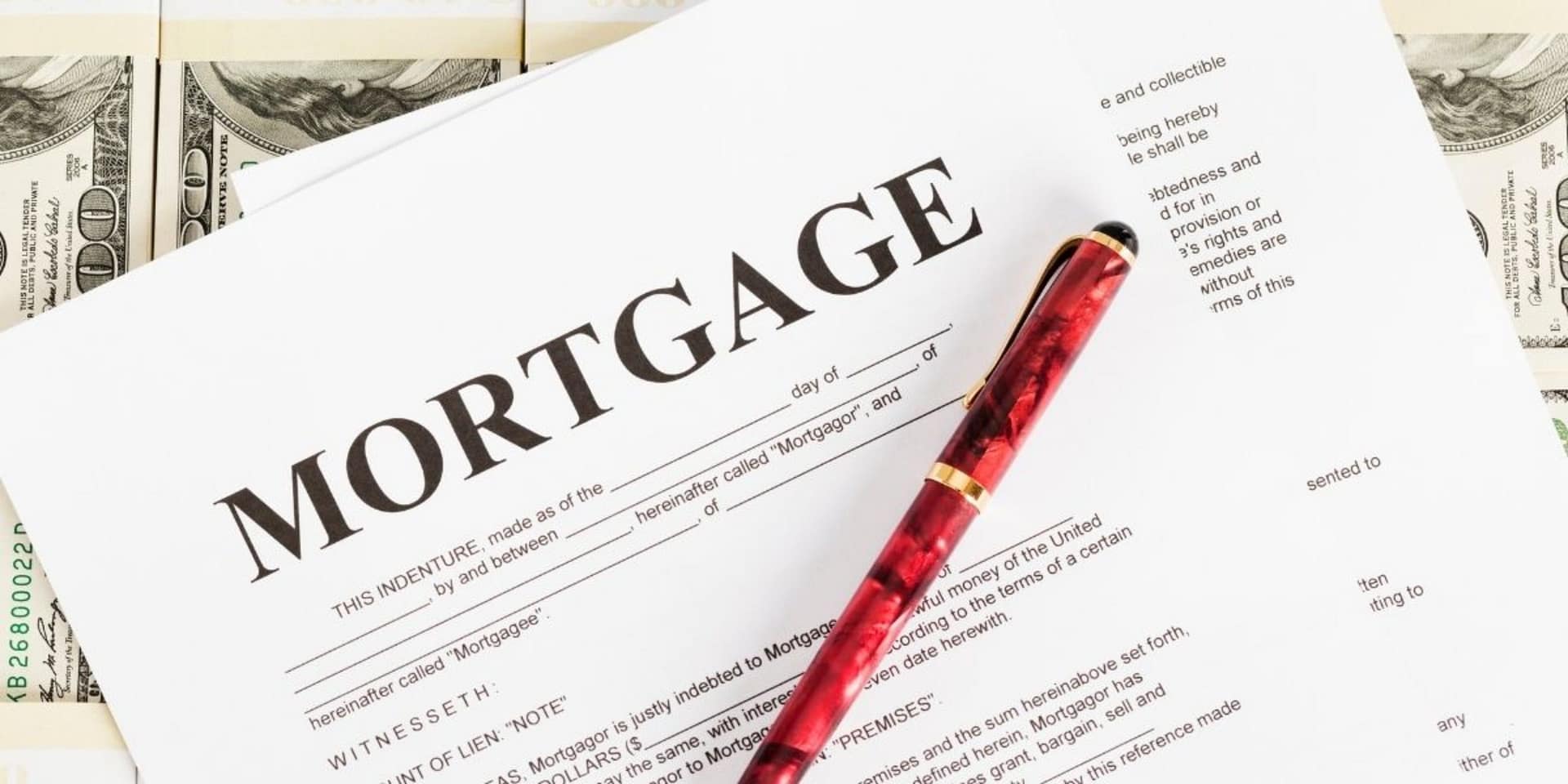When buying a home, most buyers expect to receive the keys only after settlement, the final stage when ownership officially changes hands. However, there are situations where a buyer may need to access the property earlier.
This is known as early access to property before settlement, a special arrangement that allows buyers to enter or use the property before the legal transfer of ownership is complete.
While early access can be convenient for buyers, it is not guaranteed and comes with its own set of risks and legal considerations. In this guide, we’ll break down what early access involves, when it might be requested, the potential pitfalls, and what both buyers and sellers need to know before agreeing to it.
Whether you’re a buyer eager to get started on renovations or a seller considering granting early entry, this article covers everything you need to make an informed decision.
I. What Is Early Access to a Property Before Settlement?
Early access can range from short visits for measuring spaces or getting quotes for renovations, to more extensive use, like storing belongings or moving in before settlement. It is important to remember that early access is a privilege, not a right. The seller has the final say, and they are not obligated to grant it.
When Might Early Access Be Requested?
There are many reasons why a buyer might ask for early access, including:
Preparing for Moving In: The buyer might need extra time to move their belongings or start setting up the property.
Urgent Repairs or Renovations: If the property needs immediate repairs or renovations, early access allows the buyer to address these issues before moving in.
Measuring and Planning: Buyers often want to measure rooms or plan renovations with builders before officially owning the property.
Storage Needs: The buyer may have sold their previous home and need a place to store their belongings temporarily.
Personal Convenience: Sometimes, buyers request early access simply because it makes their moving process smoother and less stressful.
II. Under What Circumstances Is Early Access Typically Granted?
While early access can be convenient for buyers, it is not always guaranteed. Sellers are often cautious about allowing early access due to potential risks and complications. However, early access may be granted under certain circumstances, such as:
Mutual Agreement Between Buyer and Seller: Both parties must agree to the terms of early access. This usually happens when the seller trusts the buyer or understands their need for early access.
Minor Renovations Needed: If the property needs urgent but small-scale renovations (like painting or replacing carpets), the seller might agree to early access so the buyer can start work sooner.
Vacant Property: If the seller has already moved out and the property is vacant, they may be more willing to grant early access since the risk of disruption is lower.
Emergency Situations: In cases where the buyer has nowhere else to go due to an unexpected situation, the seller might be more sympathetic and allow early access as a goodwill gesture.
It’s important to remember that the seller has no legal obligation to grant early access, and they can set conditions if they do agree.
Also Read: Cheap Renovations to Increase Home Value in Australia
III. What Are the Risks and Legal Implications of Early Access?
Although early access might seem like a win-win situation, it comes with its own set of risks and legal issues that both buyers and sellers need to consider:
Liability Issues: If the buyer gets injured on the property or causes damage during the early access period, there could be disputes about who is responsible. Buyers may not yet have insurance covering the property, leaving both parties exposed to risks.
Property Damage: If the buyer starts renovations or brings in furniture, there’s a chance that something might get damaged before settlement. If disputes arise, it can complicate the settlement process.
Change of Circumstances: Sometimes, unexpected issues with financing or legal complications can arise before settlement. If the buyer has already moved in, it becomes challenging for the seller to regain control of the property if the sale falls through.
Insurance Coverage: Insurance policies may not cover the buyer’s belongings or any accidents that occur before the property is officially transferred. It’s important for both parties to check their insurance policies before agreeing to early access.
IV. How Is Early Access Arranged and What Documents Are Required?
The process of arranging early access to a property is straightforward but requires careful legal documentation to protect both parties. Here’s what typically happens:
Request from Buyer: The buyer must formally ask the seller or their conveyancer for early access. It’s best to make this request in writing to ensure there’s a clear record.
Seller’s Agreement: If the seller agrees, they may set conditions for early access, such as limiting the access to certain areas of the property or restricting the types of activities allowed.
Early Access Agreement: Both parties should sign a written agreement, often called a “Licence to Occupy” or “Early Access Agreement.” This document outlines the terms and conditions of the early access, including the permitted activities, the duration of access, and any fees that might apply.
Insurance Check: Both the buyer and seller should review their insurance policies to ensure they have adequate coverage during the early access period.
Final Inspection and Handover: It’s wise to do a pre-settlement inspection after early access to ensure that the property remains in the expected condition.
Also Read: What You Need to Know Before Buying a Property with Tenants
V. What Should Buyers and Sellers Consider Before Agreeing to Early Access?
Before agreeing to early access, both buyers and sellers need to carefully weigh the pros and cons. Here are some key points to consider:
For Buyers:
Do You Have Insurance?: Ensure your belongings and any activities you plan are covered by insurance, as you may not be protected until after settlement.
Is It Absolutely Necessary?: Consider whether you can wait until after settlement to access the property. The fewer complications before settlement, the better.
Agree to the Seller’s Terms: Respect any conditions set by the seller, as they have the final say in granting access.
For Sellers:
Potential Liability: Be aware of the risks of allowing someone else onto your property before settlement. You could be held liable for accidents or damage.
Consider Setting Conditions: If you agree to early access, set clear conditions, such as limiting the access time or activities allowed.
Check Insurance Coverage: Confirm that your insurance covers any incidents during the early access period to avoid unexpected claims.
Contact CJC Law for Professional Conveyancing Advice
Early access to property before settlement can be a helpful arrangement for buyers, but it requires careful consideration and legal protection. Both parties should fully understand the risks and benefits before proceeding. It’s always wise to consult with your conveyancer to ensure that the agreement is clear and that everyone’s interests are protected.
If you’re considering requesting or granting early access to a property before settlement, CJC Law can help. Our expert conveyancers will guide you through the process, draft the necessary documents, and ensure your interests are protected every step of the way with our conveyancing for buyers services.
Contact us today for a consultation, and let our experienced team assist you in making the best decision for your property transaction.




